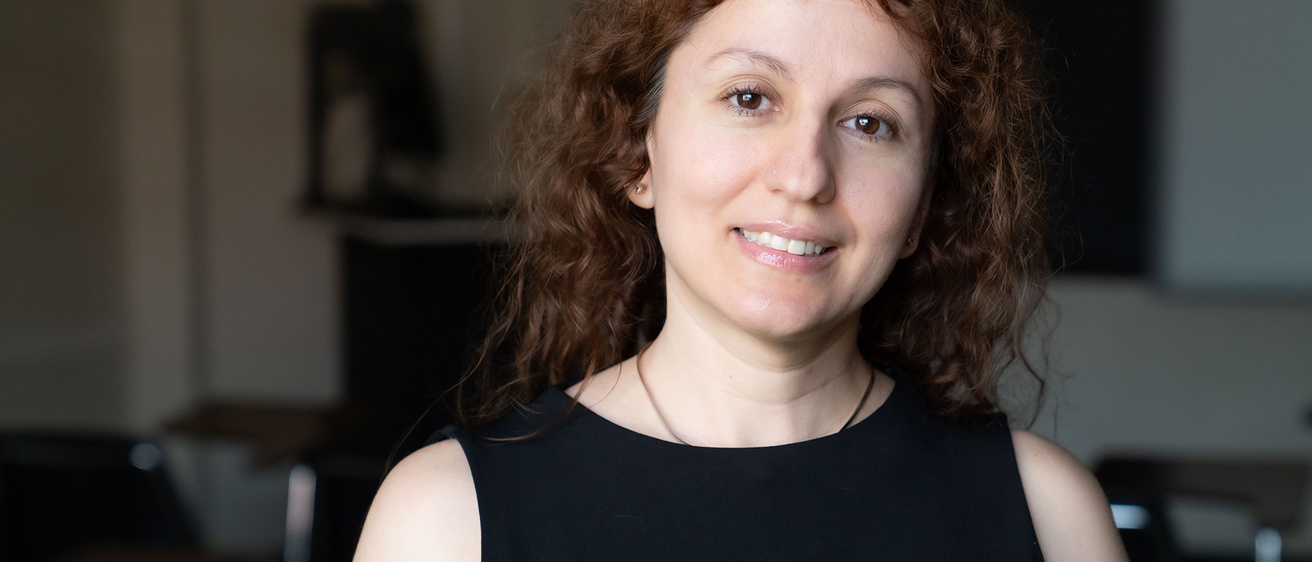Jennifer Sánchez, assistant professor in Rehabilitation and Counselor Education, received a $1.35 million federal grant to train students to help address the opioid epidemic plaguing rural communities.
The project, Addressing the Opioid Epidemic: Improving access to Health Care in High Need and Underserved Rural Communities, will train Rehabilitation Counseling, Clinical Mental Health Counseling, and Counseling Psychology students to provide behavioral healthcare to individuals with opioid use disorder (OUD) and other substance use disorders (SUD) who are living in high need and underserved rural communities across Iowa. The three-year grant is funded by the Health Resources and Services Administration.
The grant will help create a specialty track, Interprofessional Education and Practice in Behavioral Health Care, focused on opioid and other substance use disorders, establish new practicum and internship field placements, and create opportunities for students to use telehealth with clients.
“This project directly addresses both the critical national need for more community-based experientially trained behavior health professionals in the provision of OUD and other SUD prevention, treatment, and recovery services in high need and high demand areas, and for the development of behavioral health faculty skills and expertise in the prevention, treatment, and recovery of clients with OUD and other SUD,” says Sánchez.
Accordingly, each year the grant will fund 24 graduate students with a strong interest in working in high-need areas and will provide two day-long professional development symposia for faculty, students, and practicing professionals on best practices in integrated behavioral health OUD and SUD service provision.
According to the Health Resources and Services Administration, there was a 58 percent shortage of psychologists in Iowa in 2016, and by 2030, there will still be an estimated 39 percent shortage. Many of Iowa’s mental health counselors and OUD treatment clinics and practitioners are located around the state’s metropolitan urban centers, requiring Iowans to travel there to access services. Additionally, drug related overdoses have drastically increased by 246 percent in Iowa since 2009, according to a 2017 Iowa Department of Public Health report.
The project will help underserved populations including persons with disabilities, young adults transitioning out of foster care, those who are at risk or are homeless, refugees and immigrants, and veterans. This grant project is a response for the push for more mental health education in the state of Iowa.
This project builds off of Sánchez’s previously funded research initiatives and overarching research goals of improving psychosocial rehabilitation outcomes for individuals with neuropsychiatric disabilities, including intellectual disabilities, severe mental illness, substance abuse disorders, and more.
“Without properly trained Rehabilitation Counselors, Clinical Mental Health Counselors, and Counseling Psychologists, Iowa will continue to struggle with a shortage of culturally-competent behavioral health care providers,” says Sánchez. “Moreover, those most in Iowa’s high need and underserved rural populations and minority groups will continue to lack access to adequate behavioral health care services.”
